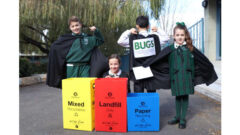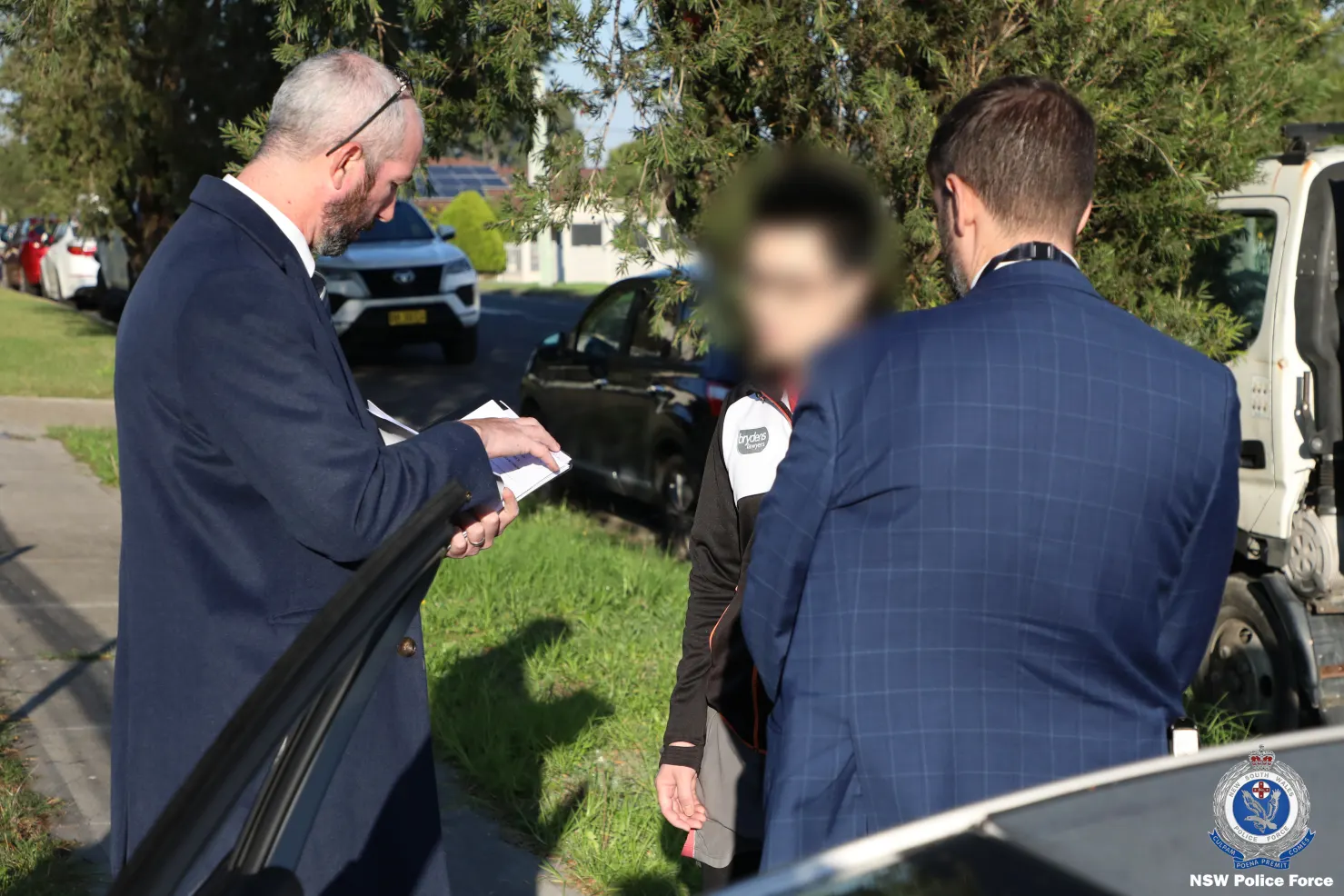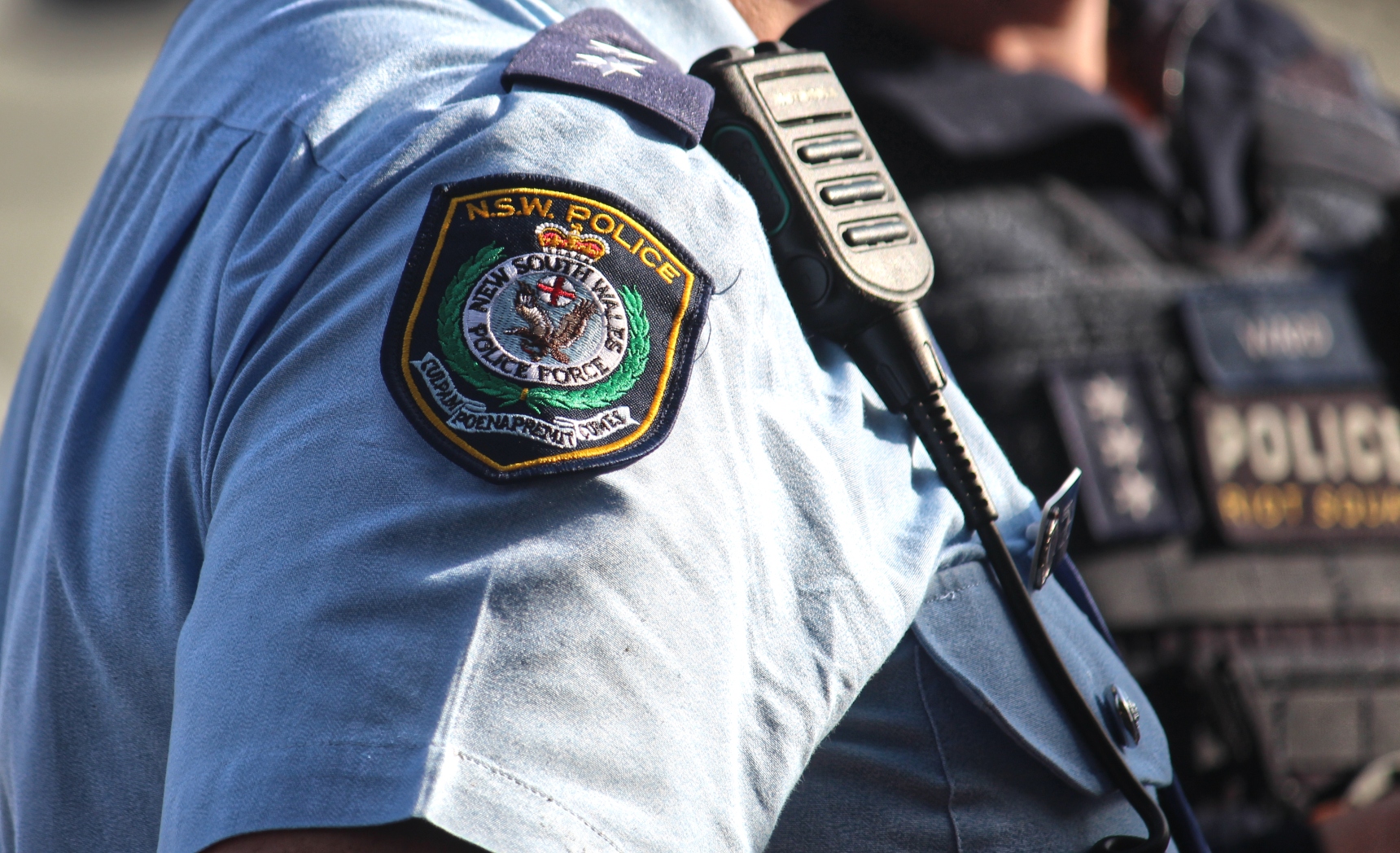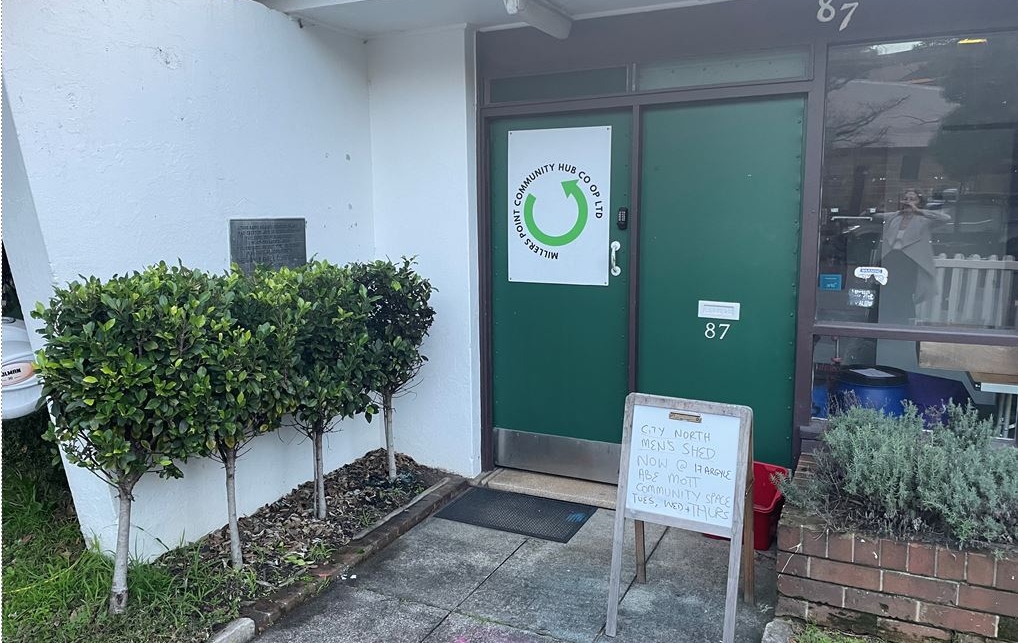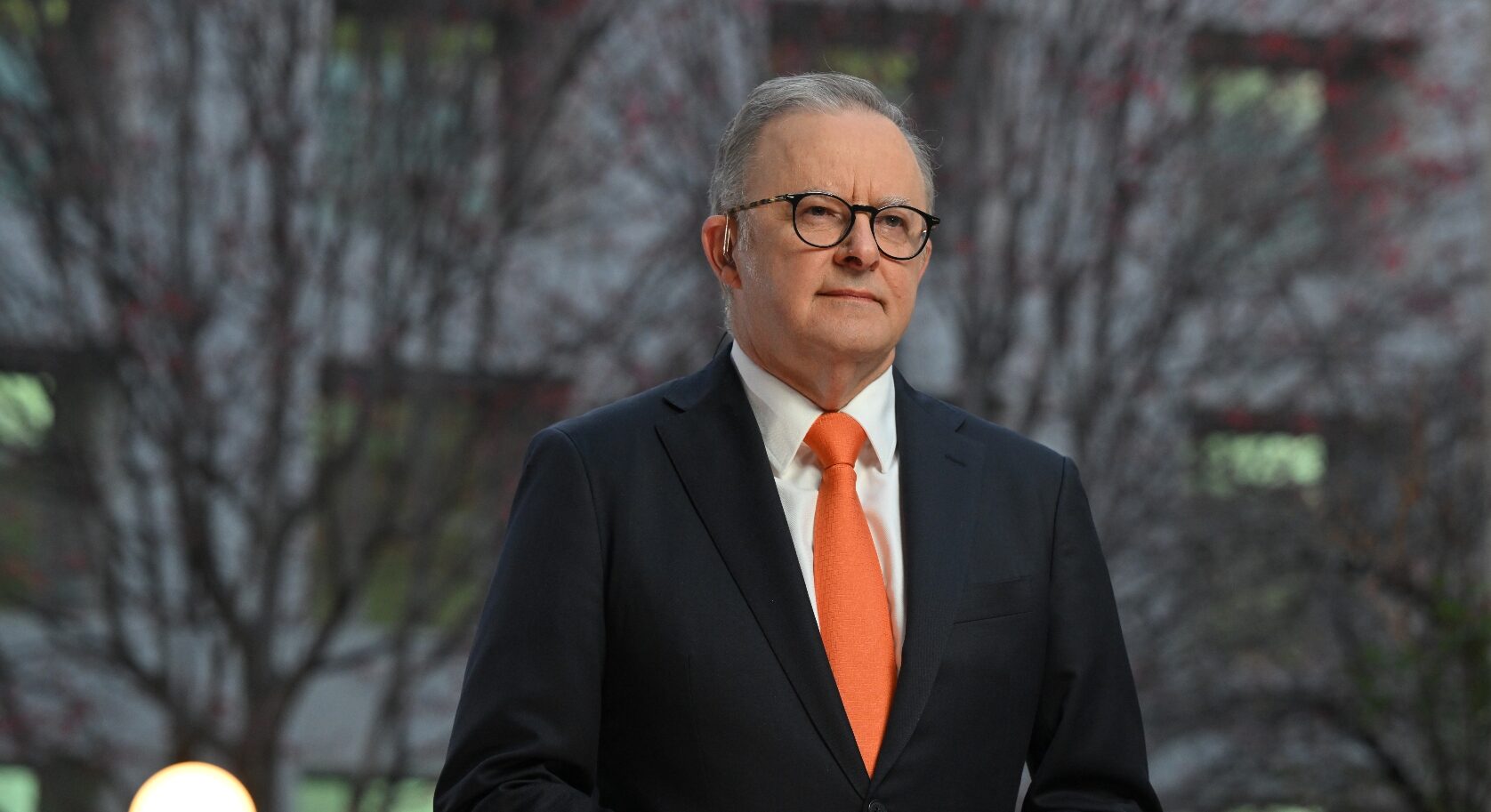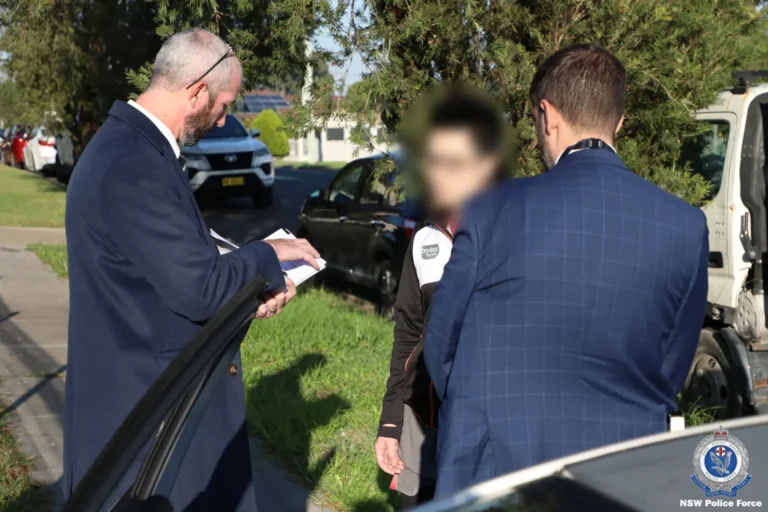

This National Recycling Week, Planet Ark is calling on Australians to reduce the amount of food waste that goes to landfill.
The call-to-action comes as research shows most households are severely underestimating the costs of wasting food, as well as the negative environmental impact of sending food waste to landfill.
The survey showed that Australians estimate that they lose $21 on average to wasted food each week. The actual reported cost is almost double, at $41 per week. This means households are underestimating their financial loss from food waste by over $1,000 each year.
Furthermore, only two fifths of Australians identified that food waste in landfill negatively impacts the environment due to producing methane as it decomposes.
The research was conducted by Pollinate as part of the Pulse Report, a bi-annual quantitative study that measures environmental, social and economic issues and concerns.
“The biggest waste issue in Australia is food waste”
Rebecca Gilling, CEO of Planet Ark, said, “We have known for some time that while news about plastic pollution grabs the headlines, the biggest waste issue in Australia is food waste.”
“Up to half of what the average household sends to landfill is made up of food organics and this has a negative impact not only on the hip pocket but also on our greenhouse gas emissions.”
Previous independent Planet Ark research shows Australian households send around 2.5 million tonnes of unnecessary waste to landfill, of which the waste was mostly food organics.
When food scraps decompose in landfill, the absence of oxygen, or the anaerobic environment in which they decompose, produce methane, a powerful greenhouse gas with more than 80 times the warming power of carbon dioxide over its first 20 years in the atmosphere.
This year’s research by Planet Ark shows that while most Australians recycle plastic, paper, glass, and metal packaging almost weekly, only a third compost food scraps.
Ms Gillings said, “The good news is that by reducing food waste in the first instance, by buying and storing food carefully, then reducing what is sent to landfill by composting leftover food scraps, Australians can save money and have a significant positive impact on their environmental footprint.”
National Recycling Week was established by Planet Ark in 1996 as a way to improve Australians’ knowledge of and habits regarding recycling.
Since then, the annual recycling rate in Australia has increased from just 7 per cent, or 1.5 million total tonnes recycled, to more than 60 per cent of all disposed materials.
This November, National Recycling Week runs from Monday November 13 to Sunday November 19.
